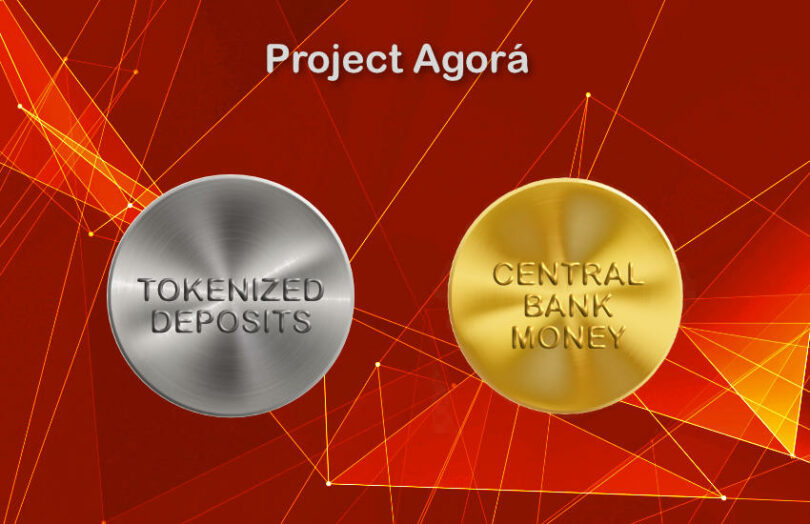https://mainichi.jp/english/articles/20240404/p2g/00m/0bu/033000c
BIS, 7 major central banks to test new digital currency platform
April 4, 2024 (Mainichi Japan)
This file photo taken in January 2024 shows the Bank for International Settlements' head office in Basel, Switzerland. (Kyodo)
LONDON (Kyodo) -- The Bank for International Settlements, a group that promotes international financial cooperation, will collaborate with the Bank of Japan and six other major central banks on a trial of a new platform designed to speed up and lower the costs of digital currency transactions, they said Wednesday.
The monetary authorities aim to work with commercial banks on the project as China's move to experiment with its digital yuan has prompted them to examine the benefits and challenges of issuing central bank digital currencies, or CBDCs, that could transform how people and businesses settle transactions.
The "Agora" project is aimed at facilitating cross-border, tokenized payments via the new platform.
At present, it takes days for international payments to be completed via the SWIFT global financial messaging network due to the involvement of corresponding banks that serve as intermediaries in cross-border transactions.
The seven participants are the BOJ, the Federal Reserve Bank of New York, the Bank of England, the Swiss National Bank, the Bank of France, the Bank of Korea and the Bank of Mexico.
The BIS said the new project will not only test the technology but will do so within "specific operational, regulatory and legal conditions" of the participating currencies.
Among Japanese megabanks, Mizuho Financial Group Inc. said it will examine the details and decide on whether to participate.
While the BOJ does not have plans to issue digital yen for now, it has been conducting experiments in recent years. The Fed and the European Central Bank are also studying the feasibility of issuing digital versions of the dollar and euro, respectively.



